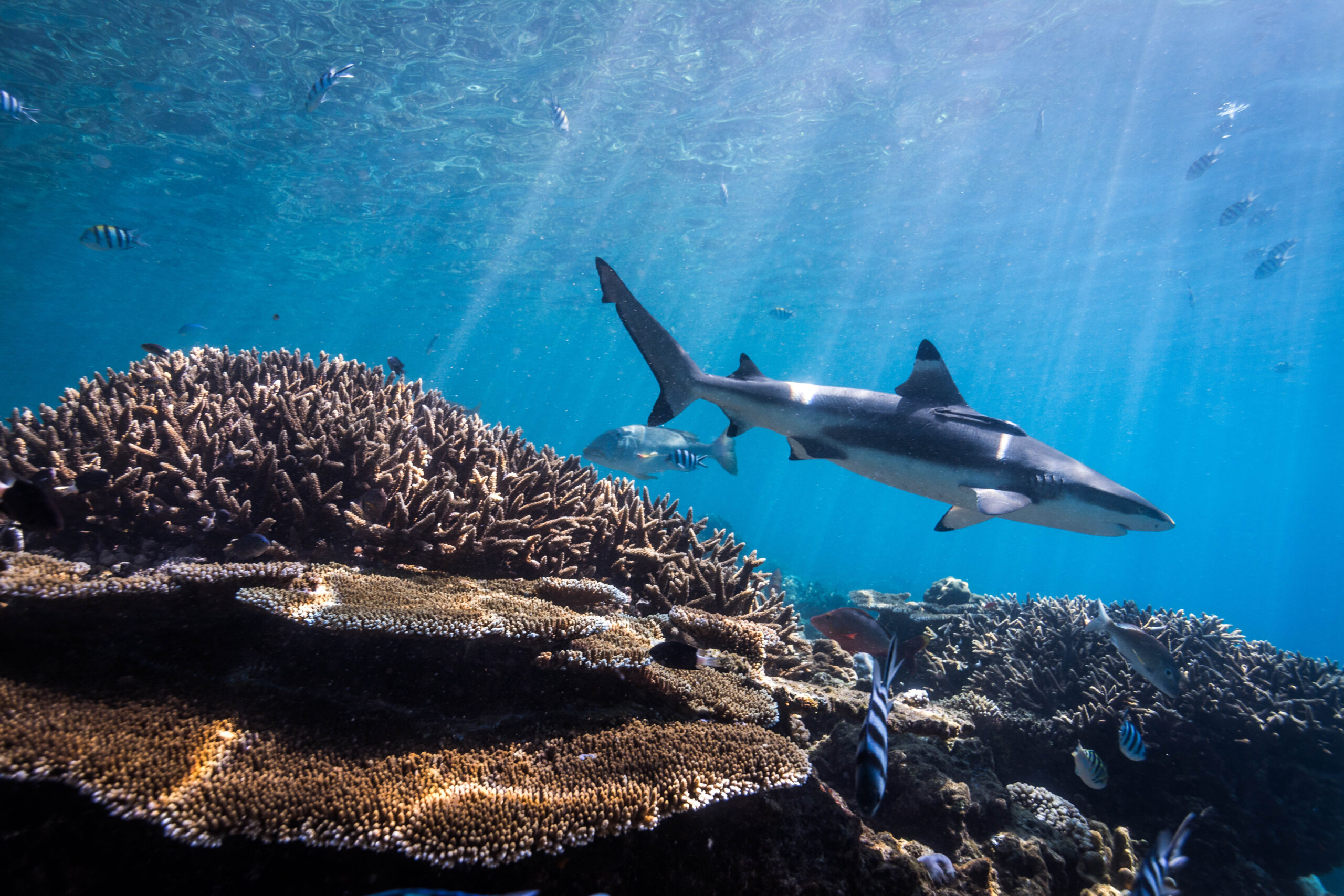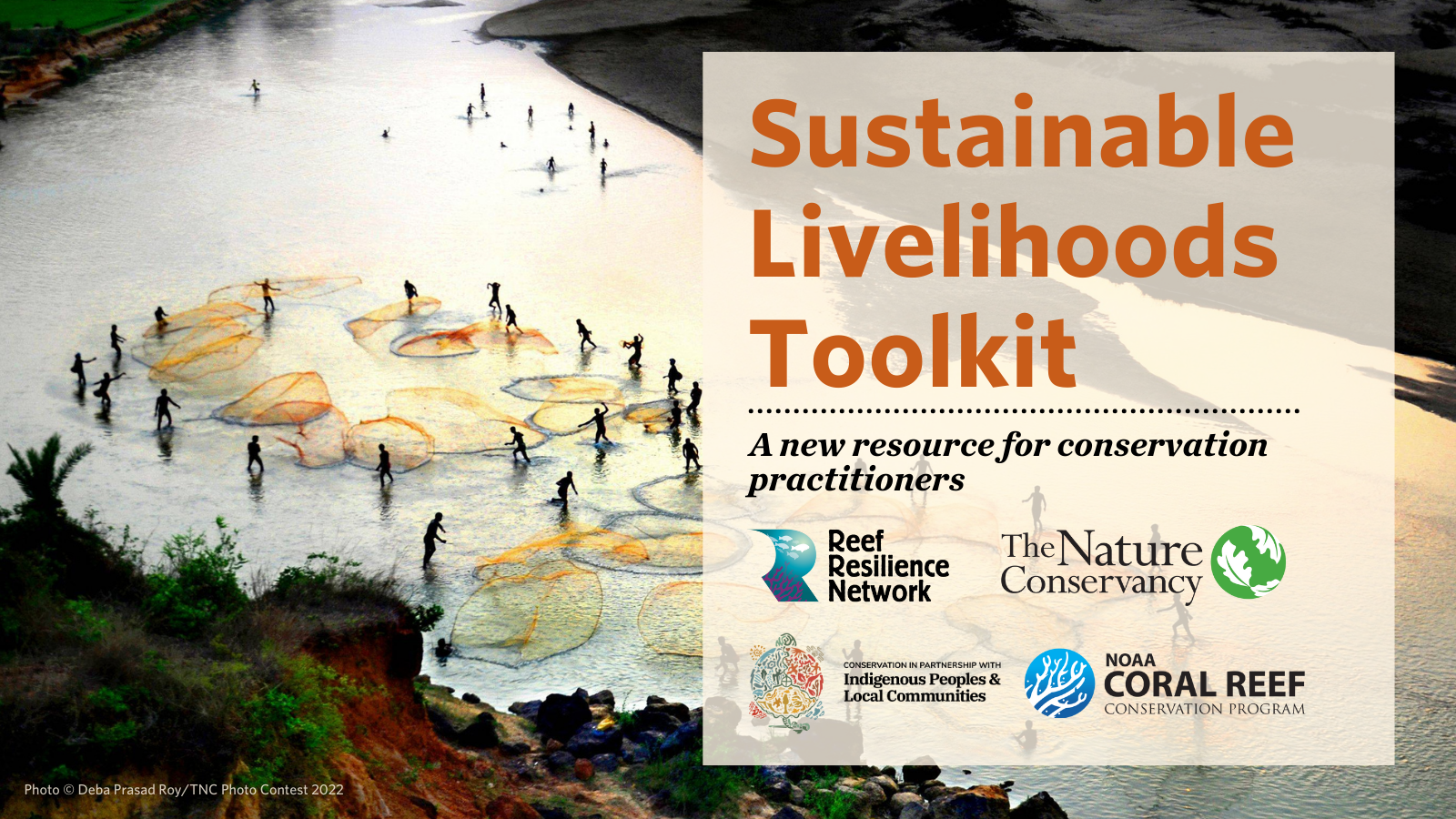Although the concept of resilience is widely used in coral reef science and management, the evaluation of ecosystem resilience has been challenging because it can be difficult to quantify and assess. Scientists have proposed the resilience-based management (RBM) approach, which suggests prioritizing conservation actions based on the knowledge of current and future drivers influencing ecosystem function. This paper explains the major resilience concepts in the coral reef and environmental literature – ecological resilience, engineering resilience, and vulnerability – and discusses the strengths and weaknesses of their measurement approaches and metrics. The proposed conceptual framework for reef resilience quantification outlined in this paper includes: 1) ecological models that estimate the probability for a reef to reach tipping points within a specific period; 2) prediction of resilience based on the distance to suspected tipping points; 3) the current attractor approach, which considers if a reef is attracted toward a coral or alternative (e.g. algae-based) state; 4) short-term recovery rates and long-term reef performance; and 5) absolute and relative vulnerability. This paper also discusses future directions for resilience assessments which include improving upon commonly used metrics. Ranked vulnerabilities and resilience metrics can help managers understand the drivers of the reef health and answer a variety of reef management questions regarding changes in fisheries policy, marine reserve establishment, prioritizations of management interventions, and strategic management planning.
Authors: Lam, V.Y.Y., C. Doropoulos, Y-M Bozec, and P.J. Mumby
Year: 2020
View Full Article
Frontiers in Ecology and Evolution 8:49. doi: 10.3389/fevo.2020.00049


